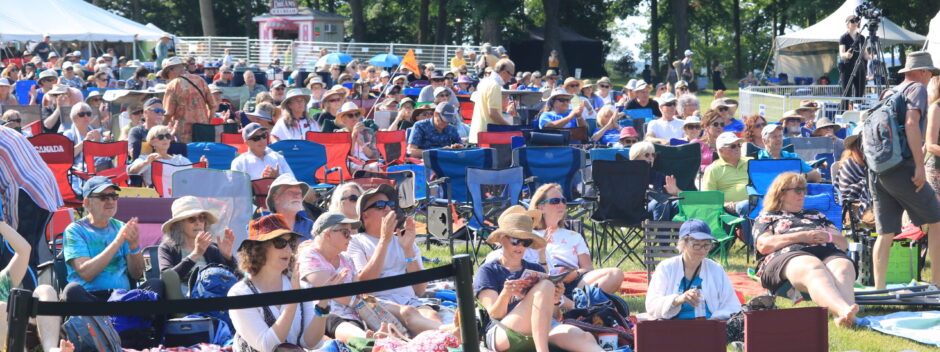In September, Billboard magazine ran a piece announcing that Gordon Lightfoot will be among the Folk Americana Roots Hall of Fame (FARHOF) inaugural class of inductees – an obvious though fantastic choice for the first class. This original group will consist of 29 inductees chosen by a nominating committee of industry luminaries as well as the FARHOF board of directors. This class consists of 10 solo artists, 11 legacy artists, 4 groups or duos, and three non-performers. To honour the long-standing connection of folk/roots music to social justice issues, there will also be one recipient of the Paul Robeson Artist/Activist Award.
For a full list of those to be enshrined at a ceremony in April of 2024, click here.
As for the origins and mandate of FARHOF:
In 2019, the Boch Center expanded and launched the Folk Americana Roots Hall of Fame (FARHOF), Boston’s newest cultural and educational initiative. It celebrates the lifeblood of America’s musical and cultural heritage.
Led by legendary musicians and music executives including Keb Mo’, Joan Baez and Noel Paul Stookey and curated by Deana McCloud and Bob Santelli of the Museum Collective, the Folk Americana Roots Hall of Fame (FARHOF) is dedicated to honoring history, while also building the foundation of the next generation of Folk, Americana, and Roots musicians. Housed in the Wang Theatre, the Folk Americana Roots Hall of Fame (FARHOF) celebrates Folk, Americana and Roots music through displays, memorabilia, artifacts, events, lectures, exhibits and concerts.
FARHOF Website
As a Canadian, I can think of no better Lightfoot song to post than the “Canadian Railroad Trilogy.”






























